
Owning a home is a significant achievement, but the long-term responsibility of a bond can sometimes feel daunting. By contributing even a small additional amount towards your bond repayments each month, starting from your first payment or as soon as possible, you can considerably shorten the repayment term, potentially saving yourself years of debt.
Key Takeaways
- Paying off your home loan early can reduce long-term interest costs: This not only saves you money over the life of the loan but also provides financial relief as you approach retirement or encounter unforeseen financial challenges.
- Making additional payments, even small ones, shortens your bond term: Contributing a little extra each month can significantly reduce your repayment period and save you a substantial amount on overall interest payments.
- Keeping your bond account open allows access to your property’s equity: This offers a convenient and cost-effective way to access funds for future financial needs, typically at lower interest rates compared to other forms of credit.
What is a Mortgage?
A mortgage is a type of loan specifically used to purchase property, usually a home. In this arrangement, the borrower agrees to repay the lender (typically a bank or building society) over a set period, often ranging from 15 to 30 years. The loan is secured against the property, meaning the lender has the right to take ownership of the home if the borrower fails to keep up with the agreed payments.
The loan is secured against the property, meaning the lender (usually a bank or building society) has the right to take possession of the property if the borrower fails to make payments. This process is called repossession.
Mortgages typically consist of two parts:
- Principal – the original amount borrowed.
- Interest – the cost of borrowing, charged as a percentage of the outstanding principal.
Payments are usually made monthly, and they either follow a fixed rate (where the interest rate remains the same) or a variable rate (where the interest rate changes based on market conditions).
Considering an early mortgage payoff? Before you decide, explore how taking advantage of the new lower interest rates could keep more money in your pocket. Learn how small rate adjustments can result in massive savings, potentially transforming your long-term financial strategy.
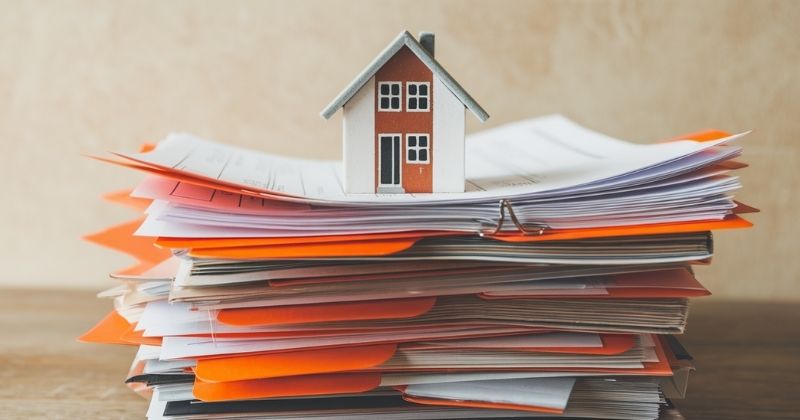
Calculating the Costs of Your Home Loan
When purchasing a property, most of us need to secure a home loan to cover the cost. While a bond calculator can provide a quick estimate of the monthly repayments, it’s essential to consider the additional costs involved in buying a home. These include:
- Transfer Duty: A tax imposed on transferring the property into the buyer’s name, applicable to homes valued over R1 million.
- Conveyancing Attorney Fees: Payment made to the attorney responsible for handling the legal transfer of the property.
- Bond Registration: The fee payable to the Deeds Office for the official registration of your home loan.
- Home Loan Initiation Fees: Administrative charges associated with processing your home loan application.
Should you pay off your mortgage ahead of schedule or focus on other financial priorities? While early payment can save on interest, it also impacts your insurance coverage and liquidity. Before making a decision, explore Revise Your Home Insurance: A Comprehensive Checklist to ensure your home remains well-protected as you navigate financial strategies.
About Arcadia Finance
Secure Your Loan Easily with Arcadia Finance – No Application Fees, 19 Trusted Lenders, and Full Compliance with South Africa’s National Credit Regulator. Simplify Your Loan Process Today!
Effective Ways to Repay Your Home Loan Quicker
Reducing debt and achieving financial independence is more attainable with actionable steps you can implement right away. Although these methods can assist you in paying off your home loan sooner, it is advisable to consult financial professionals to tailor these approaches to your specific circumstances.
Get the Most Favourable Interest Rate
Kickstart your homeownership journey by securing the best possible interest rate from the beginning. Take the time to compare offers from various lenders to find the most advantageous home loan deal, which can help you pay it off more quickly. A bond originator can simplify this process for you, as they gather quotes from top banks, saving you both time and effort.
Turn Unused Items Into Cash
Declutter your home by selling items you no longer need. Instead of throwing them away, consider listing them on local marketplaces or in community thrift groups. The proceeds from these sales can be applied to your bond repayments, allowing you to benefit from items that might otherwise go unused.
Lifestyle Overhaul
Assess your spending habits critically, especially regarding non-essential items like dining out, entertainment, and impulse purchases. By making more mindful choices that reflect your financial priorities, you can redirect those extra funds toward your bond repayment, ultimately reducing your home loan faster.
Every Bit Counts
Remember, every small contribution adds up. Whenever possible, increase your monthly payments by a little—just an extra R50 can make a difference. These additional payments will gradually lower your principal debt, shortening the duration of your home loan and helping you save on interest over time.
Supercharge Your Bond with Lump Sum Payments
Make the most of unexpected cash inflows, like tax refunds or inheritances, by using them to reduce your home loan. Allocating part or all of your annual bonus or any surprise funds towards your bond can lead to a noticeable decrease in the outstanding balance and significantly lower your interest costs.
Maximise Your Property’s Potential
Consider generating extra income by renting out your guest room(s) during peak holiday periods. If your property has dual living potential, you might also explore renting that space as short- or long-term accommodation. The additional earnings can substantially help in reducing your bond repayments.
Consolidating Debt
Managing multiple loans, such as a car loan alongside other significant expenses, can be daunting. Debt consolidation may offer a solution by allowing you to combine these debts into one loan, potentially lowering your interest rates and simplifying your repayments. However, this option comes with both benefits and drawbacks, so it’s wise to consult a knowledgeable financial adviser before proceeding.

Advantages of Settling Your Bond Ahead of Schedule
Once your bond is approved and the initial payments for your home purchase are complete, you’ll start making regular monthly bond repayments. While most home loans are structured over a 20-year term, it is entirely possible to pay off your bond earlier. Here are some key benefits of settling your bond ahead of time.
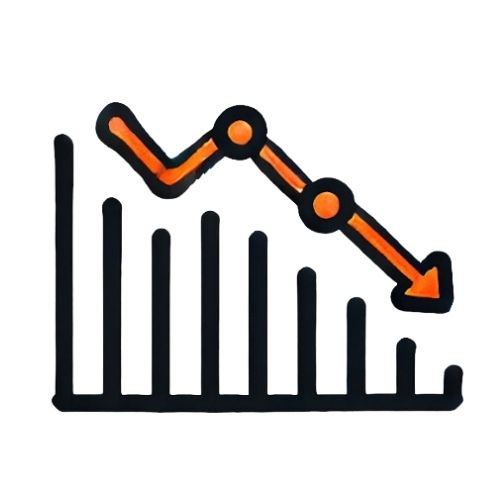
Reduced Interest Expenses
Paying off your home loan sooner reduces your overall interest costs. If you stick to the regular payments over a 20-year term, you’ll end up contributing more toward interest each month. Conversely, shortening your repayment period decreases the amount of interest paid.
For example:
- Home Loan Amount: R975 000
- Monthly Payment: R9 600
- Loan Term: 20 years
- Total Interest Paid: R1.3 million
If you increase your monthly payment by just 10%, here’s how the scenario changes:
- New Monthly Payment: R10 560
- New Loan Term: 15 years 4 months
- Total Interest Paid: R940 000
- Savings: R360 000
This example illustrates significant savings for an additional R960 per month.

Lower Your Retirement Expenses
As you approach retirement, paying off your home early can be a prudent decision. Settling your mortgage eliminates one of your largest monthly expenses, which typically accounts for around 25% of your income. This frees up additional funds for use during your retirement years.

Reduce Your Exposure to Financial Risk
Recent events, such as the United States housing crisis and the global Covid-19 pandemic, have underscored how quickly financial instability can arise, even with careful planning. Paying off your bond ahead of schedule helps eliminate the risk of missing monthly payments, especially if you experience a sudden loss of income or unemployment. In light of life’s unpredictability, minimising debt is a wise strategy.
Deciding whether to pay off your mortgage early can be challenging, especially with fluctuating interest rates and other financial commitments. But what happens if you can’t keep up with payments? Can South African Banks Really Lock You Out of Your Home? explores the legalities and risks homeowners face when they fall behind.
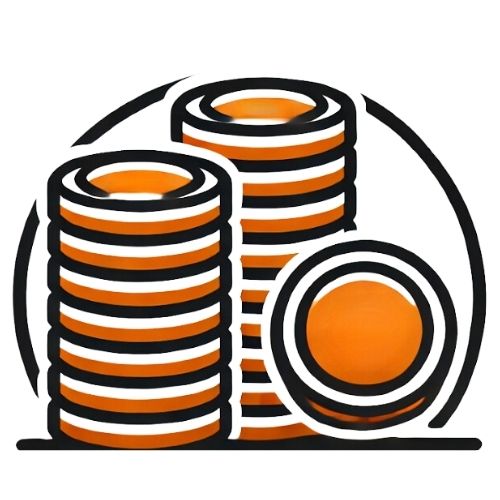
Increase Your Available Funds
Home loan repayments often consume about 25% of an individual’s income, sometimes even more, which can create significant financial strain. While contributing extra to your monthly repayments may tighten your budget in the short term, the long-term benefit of being bond-free is substantial. Once your bond is settled, you’ll have access to more disposable income, enabling you to pursue other investments or savings opportunities.

Profiting from Downsizing
As you near retirement or consider moving to a home with lower maintenance requirements, settling your bond early can lead to financial gain when selling your property. Instead of taking on a new bond and increasing your debt, you’ll benefit from the sale, allowing you to bolster your retirement savings.
A mortgage is a prime example of a secured loan, but understanding how it stacks up against an unsecured loan could shift your perspective on financial planning.
Disadvantages of Settling Your Bond Early
While settling your bond ahead of schedule may seem advantageous, it can come with hidden costs. The impact of early repayment varies based on your individual circumstances and priorities. Here are some potential drawbacks to consider:
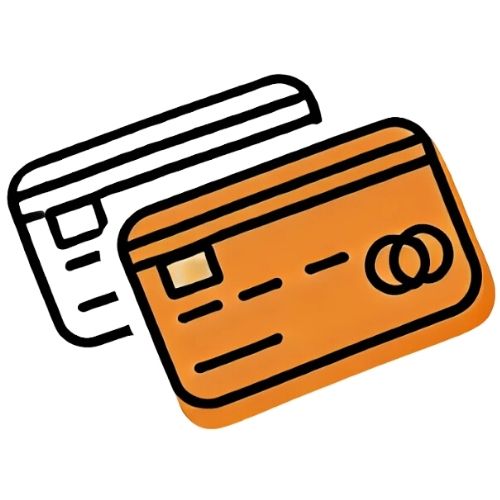
You Might Save More by Clearing Other Debt First
With typical interest rates, your home loan is often the least expensive debt you manage. Therefore, it may be wiser to prioritise repaying higher-interest debts such as personal loans, credit cards, or vehicle finance, as this will save you more on accumulating interest. However, if your bond is your only outstanding debt, focusing on early repayment with any available funds may be more beneficial.
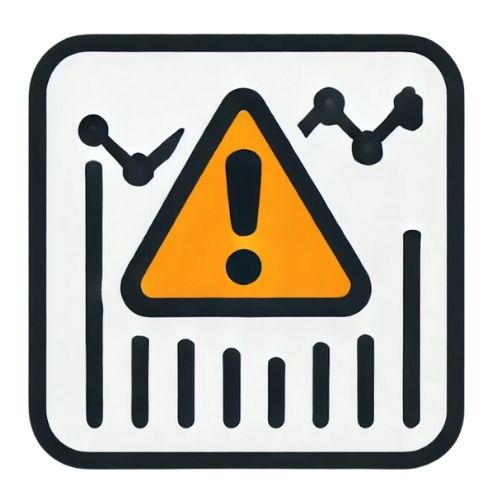
You’re Not Spreading Your Investment Risks
Allocating all your extra funds towards your bond may limit your exposure to other investment opportunities. This strategy leaves you overly reliant on a single investment, which increases your financial risk. It’s generally advisable to diversify your investments across various asset types, including bonds, shares, property, and cash, due to the unpredictable nature of asset performance. In South Africa, the value of residential property is closely linked to the local economy, and a diversified portfolio can offer better protection during economic downturns.
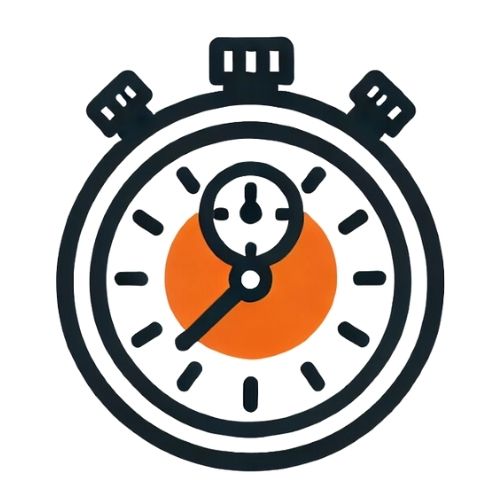
You’re Losing the Advantage of Time
While paying off your bond early may seem beneficial, it could mean missing out on years of potential interest growth from other investments. If you can manage to invest while reducing your bond, there’s no issue. However, if all your spare money is directed toward your bond, you may overlook the effects of inflation on your repayments. It’s essential to consider your investment timeline; for example, if you purchased your first home in your 40s, waiting 20 years to start saving for retirement may not be ideal. Your current stage in life plays a crucial role in this decision.

You Could Face Bond Cancellation Fees
Paying off your bond early may result in bond cancellation fees, especially if you haven’t notified your bank at least 90 days in advance of closing your loan account. These fees are typically linked to the interest on the remaining term of the loan.
If you’ve recently come into a financial windfall or extra cash, rather than focusing solely on paying off your mortgage, why not explore investing in real estate through flipping houses? This strategy not only offers the potential for high returns but can also diversify your investment portfolio, potentially outpacing the benefits of a mortgage-free home.

What Happens When a Bond is Paid Off?
Once your home loan is fully paid off, you’ll experience a significant reduction in monthly expenses, leading to greater financial flexibility. At this point, you can choose to keep the loan account active or close it.
If you’ve settled your home loan earlier than planned, it’s important to review your contract for any specific conditions. Early settlement may incur penalties; however, these could be avoided by providing proper notice or by arranging another bond with the same lender. Be aware that bond cancellation fees may also apply.
Keeping your bond account open can be beneficial, as it allows you to access the equity in your property for future financing needs. Since home loan interest rates are typically lower than those of other credit forms, your bond account can serve as a more affordable borrowing option. Ensure you thoroughly review the terms of your loan agreement to make the best decision for your financial situation.
Conclusion
Paying off your home loan early provides substantial benefits, such as reduced interest costs, increased financial freedom, and the ability to allocate your income towards other priorities, particularly as you approach retirement. Even small extra contributions or lump-sum payments can significantly shorten your repayment term and accelerate your savings.
Frequently Asked Questions
Paying off your home loan early can significantly reduce the total interest you pay, enhance your financial flexibility, and free up funds that would otherwise go towards monthly repayments. Additionally, it can provide peace of mind as you approach retirement by lowering your living expenses.
Some home loans may include penalties for early repayment, depending on the terms of your contract. You can often avoid these penalties by notifying your lender in advance or negotiating new terms, such as securing another bond with the same provider.
Yes, if you keep your bond account open, you can access the equity in your property for future financial needs. This option offers a lower interest rate compared to other forms of credit.
This depends on the interest rates associated with your other debts. Since home loan interest rates are typically lower than those of credit cards or personal loans, it may be more advantageous to pay off higher-interest debts first before focusing on your bond.
Even modest additional payments can substantially reduce the loan term and total interest paid. For instance, increasing your monthly payment by just 10% can save you thousands in interest and enable you to pay off the bond several years earlier.




